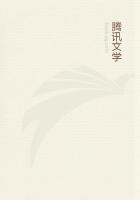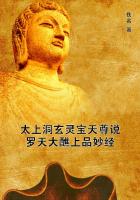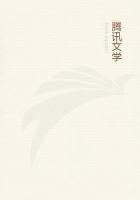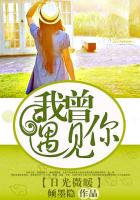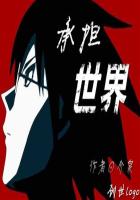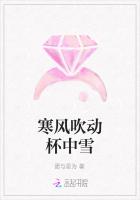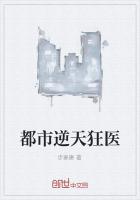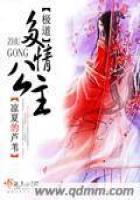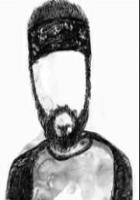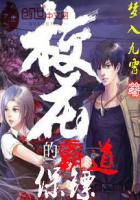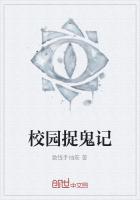Owing to his constant contact with authors, he was in a peculiarly fortunate position to know their plans in advance of execution, and he was beginning to learn the ins and outs of the book-publishing world.He canvassed the newspapers subscribing to his syndicate features, but found a disinclination to give space to literary news.To the average editor, purely literary features held less of an appeal than did the features for women.Fewer persons were interested in books, they declared; besides, the publishing houses were not so liberal advertisers as the department stores.The whole question rested on a commercial basis.
Edward believed he could convince editors of the public interest in a newsy, readable New York literary letter, and he prevailed upon the editor of the New York Star to allow him to supplement the book reviews of George Parsons Lathrop in that paper by a column of literary chat called "Literary Leaves." For a number of weeks he continued to write this department, and confine it to the New York paper, feeling that he needed the experience for the acquirement of a readable style, and he wanted to be sure that he had opened a sufficient number of productive news channels to ensure a continuous flow of readable literary information.
Occasionally he sent to an editor here and there what he thought was a particularly newsy letter just "for his information, not for sale." The editor of the Philadelphia Times was the first to discover that his paper wanted the letter, and the Boston Journal followed suit.Then the editor of the Cincinnati Times-Star discovered the letter in the New York Star, and asked that it be supplied weekly with the letter.These newspapers renamed the letter "Bok's Literary Leaves," and the feature started on its successful career.
Edward had been in the employ of Henry Holt and Company as clerk and stenographer for two years when Mr.Cary sent for him and told him that there was an opening in the publishing house of Charles Scribner's Sons, if he wanted to make a change.Edward saw at once the larger opportunities possible in a house of the importance of the Scribners, and he immediately placed himself in communication with Mr.Charles Scribner, with the result that in January, 1884, he entered the employ of these publishers as stenographer to the two members of the firm and to Mr.Edward L.Burlingame, literary adviser to the house.He was to receive a salary of eighteen dollars and thirty-three cents per week, which was then considered a fair wage for stenographic work.The typewriter had at that time not come into use, and all letters were written in long-hand.Once more his legible handwriting had secured for him a position.
Edward Bok was now twenty-one years of age.He had already done a prodigious amount of work for a boy of his years.He was always busy.
Every spare moment of his evenings was devoted either to writing his literary letter, to the arrangement or editing of articles for his newspaper syndicate, to the steady acquirement of autograph letters in which he still persisted, or to helping Mr.Beecher in his literary work.The Plymouth pastor was particularly pleased with Edward's successful exploitation of his pen work; and he afterward wrote: "Bok is the only man who ever seemed to make my literary work go and get money out of it."Enterprise and energy the boy unquestionably possessed, but one need only think back even thus far in his life to see the continuous good fortune which had followed him in the friendships he had made, and in the men with whom his life, at its most formative period, had come into close contact.If we are inclined to credit young Bok with an ever-willingness to work and a certain quality of initiative, the influences which played upon him must also be taken into account.
Take, for example, the peculiarly fortuitous circumstances under which he entered the Scribner publishing house.As stenographer to the two members of the firm, Bok was immediately brought into touch with the leading authors of the day, their works as they were discussed in the correspondence dictated to him, and the authors' terms upon which books were published.In fact, he was given as close an insight as it was possible for a young man to get into the inner workings of one of the large publishing houses in the United States, with a list peculiarly noted for the distinction of its authors and the broad scope of its books.
The Scribners had the foremost theological list of all the publishing houses; its educational list was exceptionally strong; its musical list excelled; its fiction represented the leading writers of the day; its general list was particularly noteworthy; and its foreign department, importing the leading books brought out in Great Britain and Europe, was an outstanding feature of the business.The correspondence dictated to Bok covered, naturally, all these fields, and a more remarkable opportunity for self-education was never offered a stenographer.
Mr.Burlingame was known in the publishing world for his singularly keen literary appreciation, and was accepted as one of the best judges of good fiction.Bok entered the Scribner employ as Mr.Burlingame was selecting the best short stories published within a decade for a set of books to be called "Short Stories by American Authors." The correspondence for this series was dictated to Bok, and he decided to read after Mr.Burlingame and thus get an idea of the best fiction of the day.So whenever his chief wrote to an author asking for permission to include his story in the proposed series, Bok immediately hunted up the story and read it.
Later, when the house decided to start Scribner's Magazine, and Mr.
Burlingame was selected to be its editor, all the preliminary correspondence was dictated to Bok through his employers, and he received a firsthand education in the setting up of the machinery necessary for the publication of a magazine.All this he eagerly absorbed.

